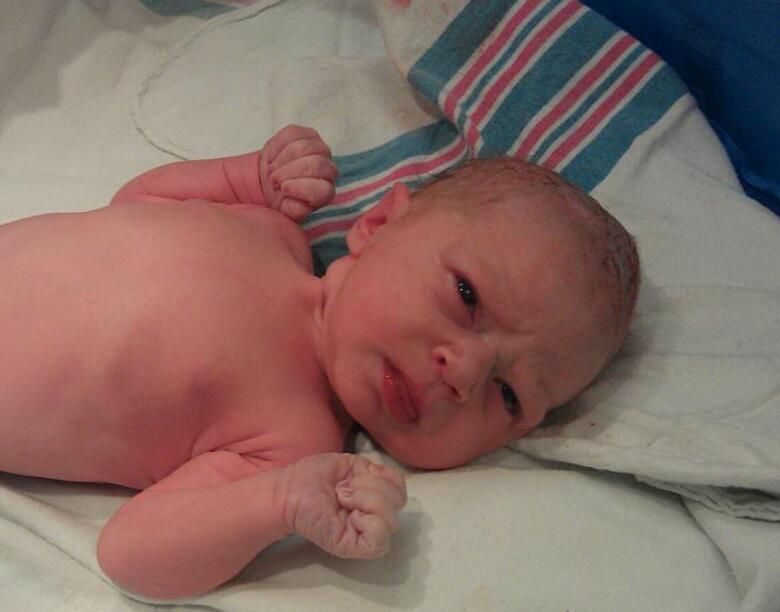- Jun 28, 2011
- 39,160
- 27,468
- 1,302
Talking about this friend of mine reminded me of something interesting he told me the other day. He hatches nearly all year round and always seem to have at least some eggs in the incubator, which he keeps in the barn. He told me within the last few months his hatches were ruined by thunderstorms. They had 2 severe thunderstorms here and both times all the embryos died. He said when he eggtopsied them the membranes were black. Unfortunately he didn't think of taking pics, but he promised he will if it happens again. I've done some research and like all chicken stories there are those who say yes, it happens and those who say no, it's old wives tales. Has anyone of you had any experience with incubators and thunderstorms and what happened with your hatches?
During my research I came across this and thought I'd share as it's quite interesting:
Effect of chronic hypoxia during embryonic development on physiological functioning and on hatching and post-hatching parameters related to ascites syndrome in broiler chickens.
Hassanzadeh M, Fard MH, Buyse J, Bruggeman V, Decuypere E.
Source
Department of Poultry Diseases, Faculty of Veterinary Medicine, University of Tehran, P.O. Box 14155-6453, Tehran, Iran.
Abstract
The present study was designed to investigate the effect of different atmospheric pressure on the endogenous functions of broiler chickens during embryonic, hatching and growing periods related to ascites. Eggs from a commercial broiler line were incubated in two similar commercial incubators at high and low altitudes. The effect on embryonic development and physiological functions including hatching parameters, incidence of ascites and growth performance were examined. Embryos incubated at high altitude had higher plasma tri-iodothyronine, thyroxine, corticosteroid and lactic acid levels, and hatched earlier than those incubated at low altitude. Embryonic mortality was higher at high altitude. Chickens that had been incubated at high altitude showed less right ventricular hypertrophy and ascites mortality than those incubated at low altitude. It was concluded that different atmospheric pressure during incubation interacts with the endocrine functions of the embryo and hence affects hatching parameters, thereby influencing ascites susceptibility.
http://www.ncbi.nlm.nih.gov/pubmed/15763722
I will do some more digging and see what I can find as I would love to know what happened with my friend's eggs.
During my research I came across this and thought I'd share as it's quite interesting:
Effect of chronic hypoxia during embryonic development on physiological functioning and on hatching and post-hatching parameters related to ascites syndrome in broiler chickens.
Hassanzadeh M, Fard MH, Buyse J, Bruggeman V, Decuypere E.
Source
Department of Poultry Diseases, Faculty of Veterinary Medicine, University of Tehran, P.O. Box 14155-6453, Tehran, Iran.
Abstract
The present study was designed to investigate the effect of different atmospheric pressure on the endogenous functions of broiler chickens during embryonic, hatching and growing periods related to ascites. Eggs from a commercial broiler line were incubated in two similar commercial incubators at high and low altitudes. The effect on embryonic development and physiological functions including hatching parameters, incidence of ascites and growth performance were examined. Embryos incubated at high altitude had higher plasma tri-iodothyronine, thyroxine, corticosteroid and lactic acid levels, and hatched earlier than those incubated at low altitude. Embryonic mortality was higher at high altitude. Chickens that had been incubated at high altitude showed less right ventricular hypertrophy and ascites mortality than those incubated at low altitude. It was concluded that different atmospheric pressure during incubation interacts with the endocrine functions of the embryo and hence affects hatching parameters, thereby influencing ascites susceptibility.
http://www.ncbi.nlm.nih.gov/pubmed/15763722
I will do some more digging and see what I can find as I would love to know what happened with my friend's eggs.



 [/COLOR]
[/COLOR]




